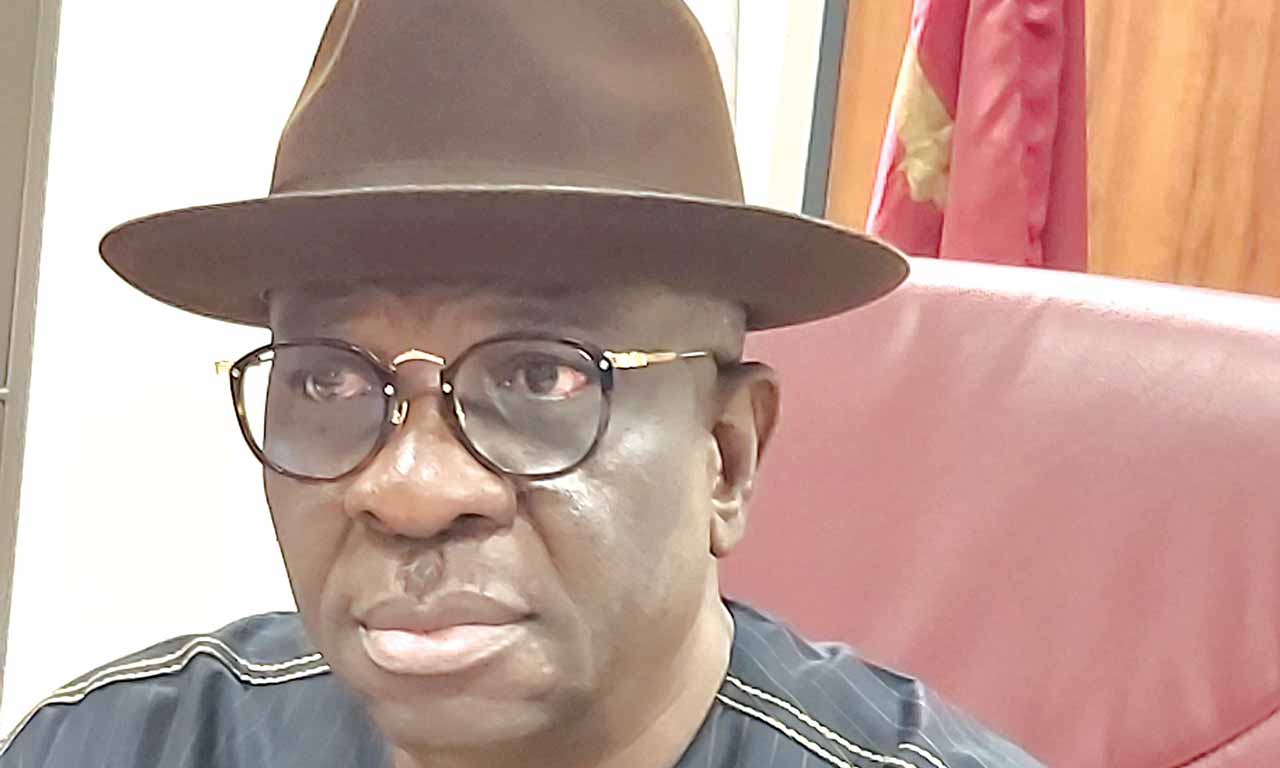
The Senate committee chairman on public accounts, Senator Matthew Oroghide, representing Edo South, says his committee intends to bring sanity to government agencies, especially regarding their penchant for keeping unaudited accounts. He spoke to JOHN AKUBO in Abuja.
You recently gave a seven-day ultimatum to some government agencies to submit their unaudited accounts. Have they complied?
It is true we gave ultimatum to certain Federal Government agencies. We actually gave them between November 20 and latest 27 to submit what we requested. What we really requested is not audited accounts, as we do not audit agencies’ accounts. The ultimatum was for agencies that do not submit audited accounts to the Auditor General of the federation. It is the Auditor General that scrutinises their audited accounts and then submit such to us. Those agencies are very many. It is statutory for them to get their accounts audited and then sent to the Auditor General.
Then there are accounts that are audited by external auditors. It is not even the Auditor General that audits such accounts. And it is the submission of the external auditors that is sent to the Auditor General, who in turn sends to us as report, and then as a committee, we look at the report, which we now forward to the National Assembly.
But what we are requesting is what is called status enquiry of government agencies. Status enquiry has to do with the agencies’ revenue and expenditure. What did they receive from what sources? Budgetary, extra budgetary and donations, among others. What did they get as revenue? How did they spend it? It is about revenue profile and expenditure profile.
Majority of these agencies are revenue yielding, and whatever they collect should be sent to the Federal Account. That is what we use for the implementation of our budget, but because there is very serious shortfall between revenue and expenditure, we now have a deficit. And that is why we are borrowing. So now, we want the agencies to tell us their true status enquiry. If there is any other source from where they have received money, they should tell us. This is because, if they get money from other sources that are not in their budget, you don’t see it. Those are the opaque sides of revenue and expenditure.
We have written letters to about 50 of the agencies we consider as mainly revenue generating. Even those that are spending, we want to know certain things. For instance, what government gave them as allocation. Some of them get money from service wide vote. Service wide vote is a lump sum of voted money, kept in a pool. It is budgeted for the unforeseen. This expenditure is different from the normal budget that covers personnel, overhead and capital.
So, it is only the Accountant General that can tell us the true situation of things. This is why we wrote to the Accountant General to tell us all the withdrawals made for the service wide votes. We want to know the beneficiaries and purposes. The Accountant General is the only one that can thoroughly explain what we want to know. If the Accountant General, who is the cash officer, does not tell us, there is no way we can know.
Many of the agencies hide this information. Many of them don’t depend on the budget at all. For instance, the budgets of the Nigerian National Petroleum Corporation (NNPC) and Nigerian Ports Authority (NPA), who are big spenders, are not here. These are supposed to be the backbones of our economy. Again, their accounts are not up to date, which is why the 8th Senate directed the Auditor General to audit NNPC’s account. They are not bigger than this country. We also directed that the accounts of NIMASA, Immigration and Customs be audited. But until the Auditor General gives us the reports, we can’t do anything.
But now that we are going on vacation, when we return in January, we will continue from there. The idea is not for our committee to be completely punitive in dealing with some of these agencies. The best that can happen is, when we get to the plenary, we will compel these agencies to appear before the House. I personally signed the first batch of letters that were dispatched. The Clerk of the committee is now doing the reminder. This is the very last, because by the time we return, I will tell the Senate President to compel them to appear
On the issue of $29.6b loan to the Presidency, the opposition seems silent. Has it caved in?
There are a lot of arguments, when it comes to the issue of development and borrowing. Many arguments have said, ‘Don’t borrow for recurrent expenditure, though you can borrow for capital.’ Everybody can see that the deficit in our infrastructure is huge. So, we need loans to put our critical infrastructure in place: roads, power, education and health, among others. We need all the money we can gather to put up these critical infrastructures.
I agree that the conditions for the borrowing are strictly adhered to. That is what the Senate President said; otherwise, we are back to nullity. And we will just be amassing debts for generations yet unborn. The problem from what we have seen is that a lot of our borrowing in the past was misused. That is why everybody is apprehensive. For instance, if we take $30b and we put in the area of power and we are really seeing the result that there is uninterrupted power supply; we will say the borrowing was justified. This is the issue. Nigerians will get the benefit, and this apprehension about borrowing will be minimised. It is not about opposition; otherwise the party in government will say it wanted to do this, but the opposition did not see anything good in it. Nobody will do any criticism that is not founded on verifiable fact or superior argument.



